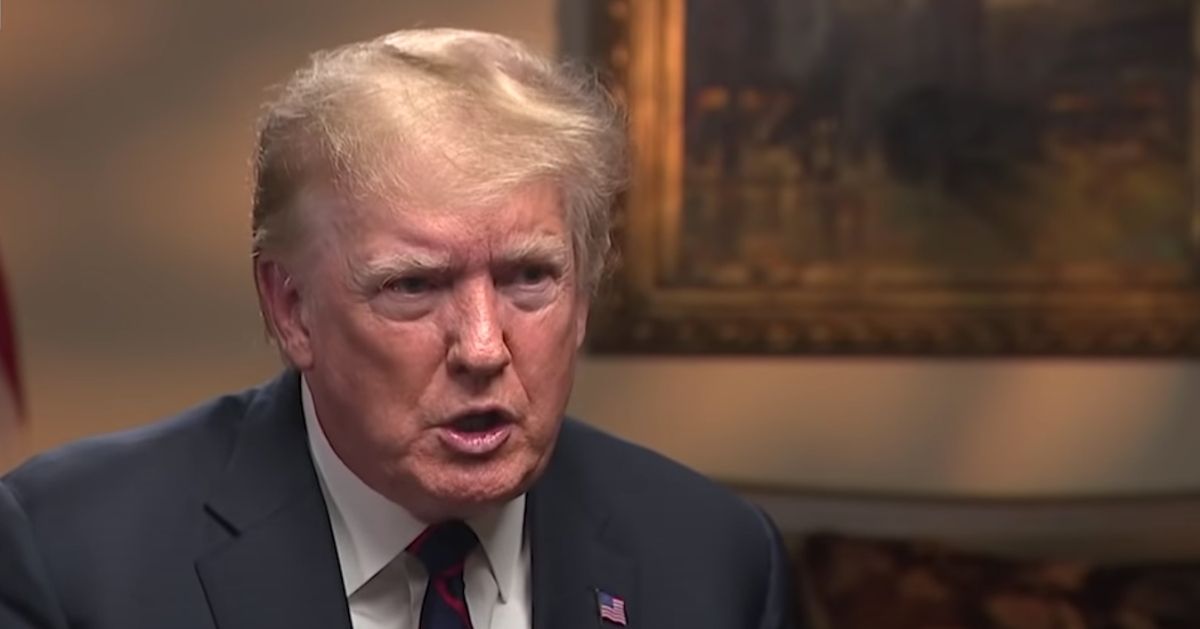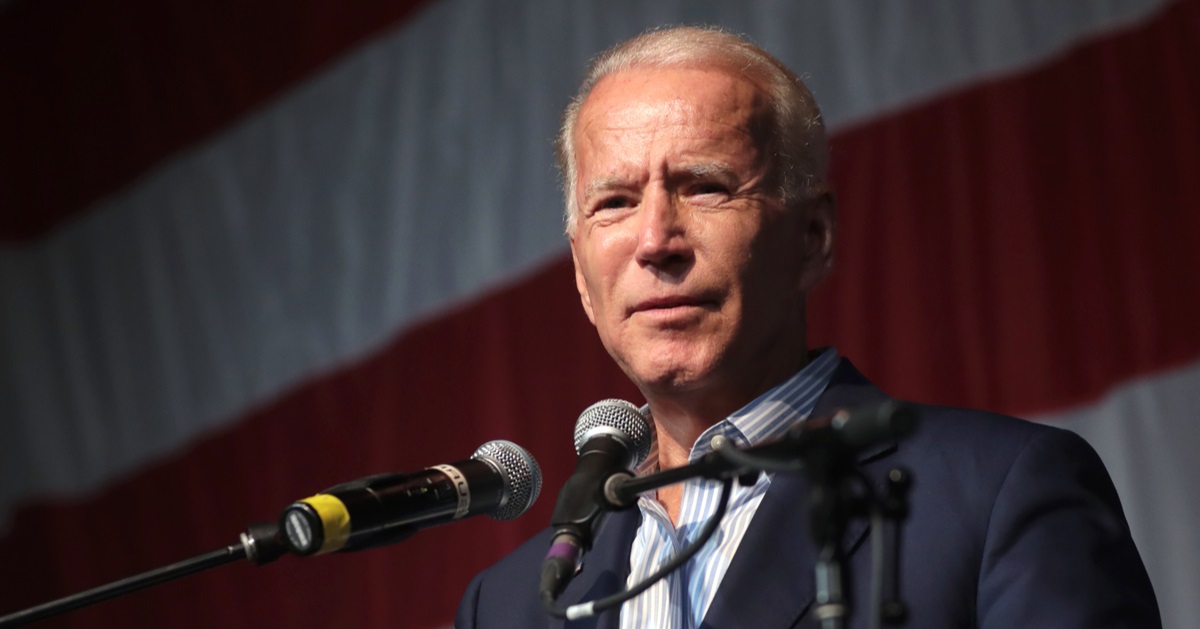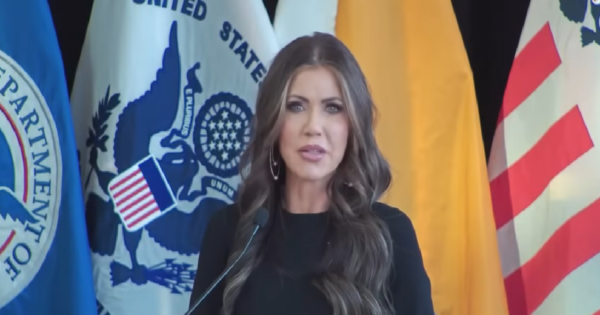During a Thursday morning status hearing at the U.S. District Court for the District of Columbia, Judge Chutkan reached a decision impacting the timing of Trump's trial. The former president faces allegations of trying to alter the outcome of the 2020 elections, centered on coercing actions against then-Vice President Mike Pence and initiating fake elector slates in key states.
Judicial Scrutiny Intensifies Around Former President
Trump's legal representatives pleaded not guilty to the charges listed in a revised indictment. This updated indictment had been adjusted following a Supreme Court ruling concerning the immunity of former presidents, narrowing its focus mostly to Trump's personal actions rather than his official acts.
The refined charges include conspiracy to defraud the United States and obstructing a federal proceeding, pointing to Trump's efforts to influence the certification process of the election results.
Special Counsel Jack Smith, who modified the charges after the Supreme Court's ruling, appeared in court during the proceedings, underscoring the gravity of the case.
Timeline and Legal Proceedings Detail
A new grand jury, which had not previously heard evidence related to these allegations, brought forth the revised indictment. This marked a significant development in the ongoing legal saga surrounding the former president.
The focus of the charges remains sharply on Trump's actions during his time as a candidate, detached from his official presidential duties, detailing interactions with high-level officials aimed at maintaining power.
Despite the notoriety of the case and its potential implications, Judge Chutkan ordered that further submissions and important documents in connection with the case be scheduled for November 7, thus pushing the trial date past the upcoming election.
Implications of a Post-Election Trial
The decision to delay the trial avoids a potential clash with the 2024 presidential election, where Trump might seek reelection. This delay may have significant political and public relations implications.
Legal experts forecast that given the complex nature of the charges and the added legal adjustments, the commencement of the trial before November remains highly improbable.
Overall, the delay in trial intertwines legal proceedings with political timelines, setting the stage for an intensely watched continuation of the judicial process following the election.






